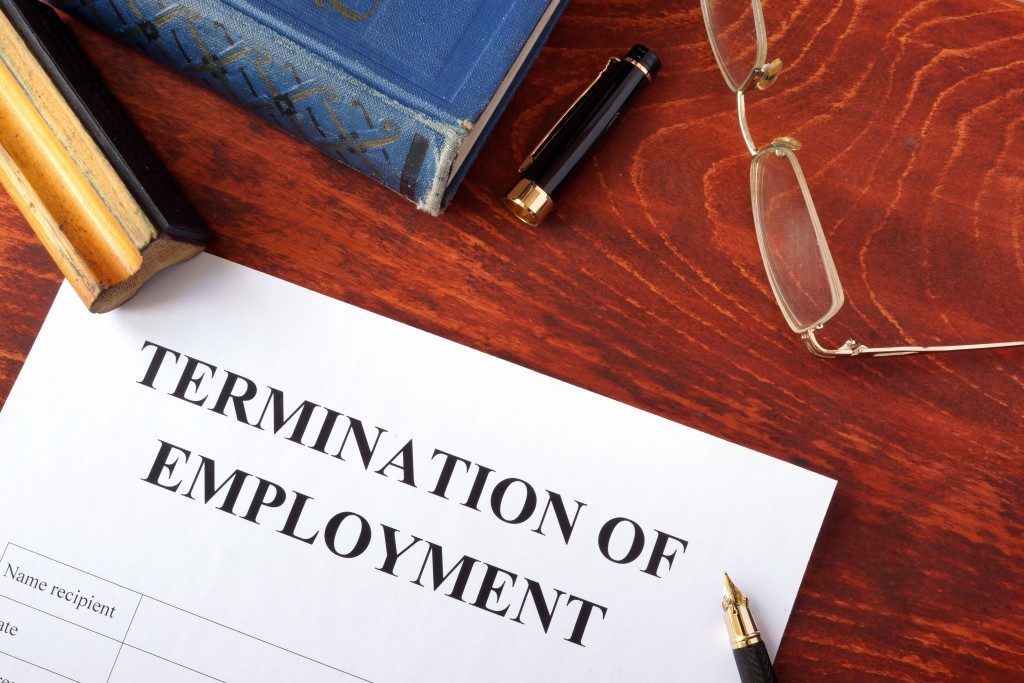In wrongful termination scenarios, the employee would feel they were unlawfully dismissed but couldn’t gauge what transpired, so they let it be.
Wrongful terminations can, indeed, get tricky because of power relations at work. However, if there’s no perceivable reason whatsoever for you to get fired, then you only need a strong legal support system to intervene for your sake.
Seek out the help of lawyers whose practice areas include employment law and who may provide mediation service to bring about a workable resolution effectively. Here’s how to assess the most complex cases of wrongful termination.
They fired you indiscriminately.
Look at the facts of the dismissal — it might be due to your race, age, sex, creed, criminal records, perceived disabilities, place of residence, pregnancy, marital status, and even alien status if applicable.
If you think your boss fired you on these grounds, act quickly. Discrimination claims tend to have a time limit, so find proof soonest possible that the firing wasn’t work-related at all.
You exposed a dishonest practice.
The complexity of whistleblowing-related wrongful termination cases comes from the fact that to qualify for legal protection, you must provide proof of the alleged illegal conduct or prohibited activity that goes against the public interest.
Take note that even receiving detrimental treatment after disclosure can be a valid claim to enter mediation.
Multiple people made it happen.
Your colleagues may have conspired to make your workplace experience dreadful to warrant constructive discharge. Unbearable working conditions may include constantly transferring you to dangerous locations, verbally demeaning you, or manipulating performance to put you behind.
While it’s difficult to provide evidence if everyone’s in on it, you might instead qualify for unemployment benefits if your employer fired you, and you didn’t willfully quit.
False rumors made them fire you.
Claiming defamation is easy if you can provide just one proof that your employer made a false statement about you, that they communicated it to at least one other person, and that it was unprivileged. What you have to assess, however, is the degree of truth in the statement.
You were gone for a long period.
If you’re on any type of leave of absence — disability or maternity reasons, bereavement, extended study, or vacation — and it was explicitly documented, then your employer should have no reason to fire you in your absence.
However, if you are non-compliant with absence policies, or fired as a result of a mass layoff, then the court may consider the dismissal legitimate.
They didn’t write you a contract.
Any form of breach or action contrary to any written promises can be used in favor of your wrongful termination case. However, if they were committed contrary to implied promises to an at-will employee, then it’s your word against your employer’s.
They got rid of you as retribution.

Sometimes, there are no two ways around it — they fired you to get back at you.
It’s difficult to find a clear motive of retaliation because sometimes, a change of demeanor and implementation of stricter policies just mean an elevation of professional standards. Look at signs of micro-management, exclusion or ostracism from team projects, or something evidently negative, like subtle verbal harassments or shortchanging your employee benefits.
To dispel your doubts, act with urgency and talk to a lawyer or mediator as soon as possible.

